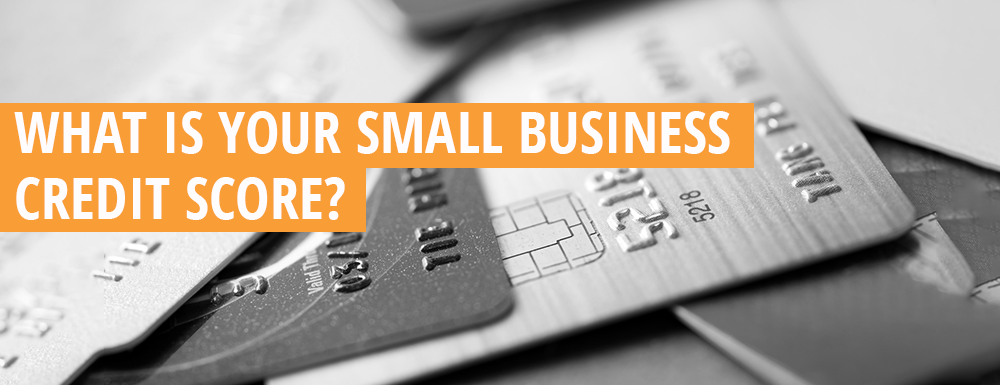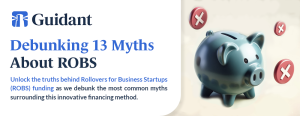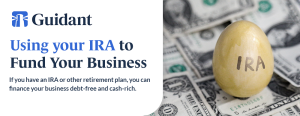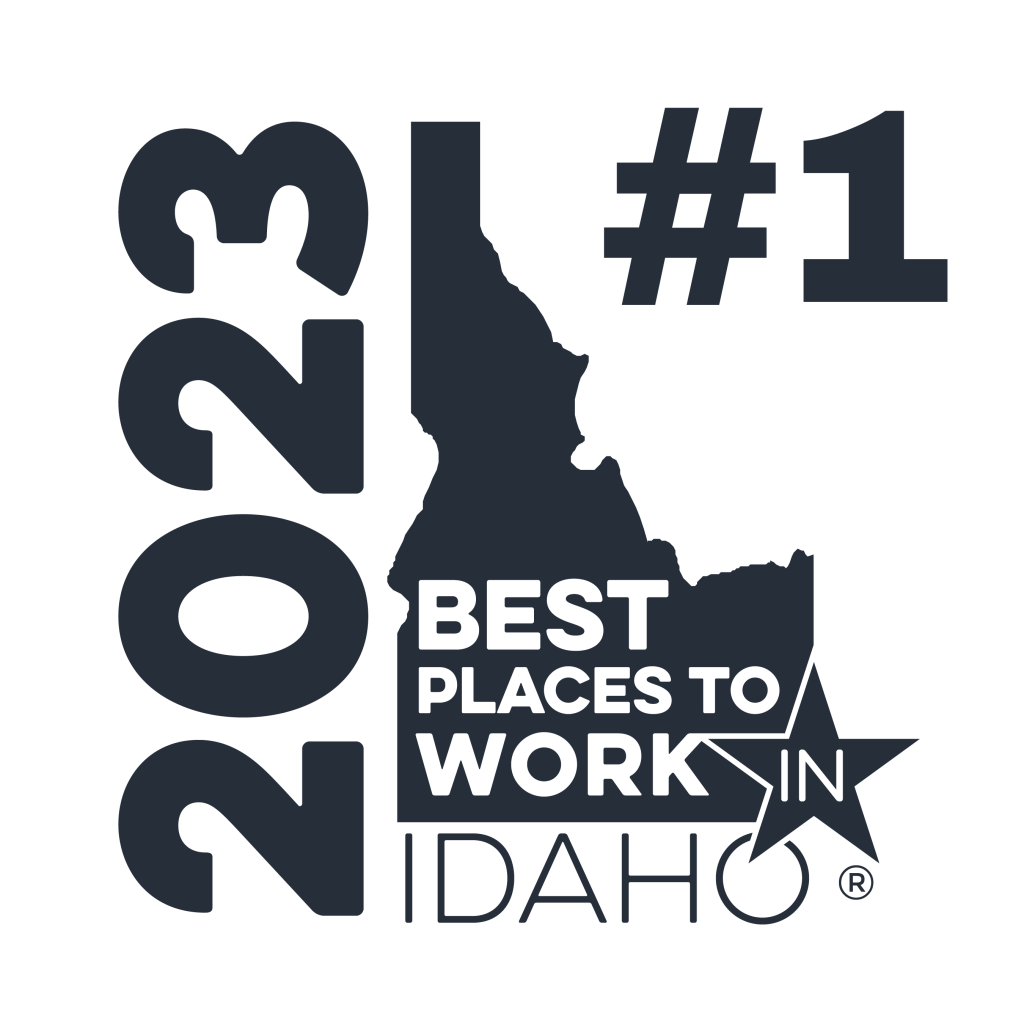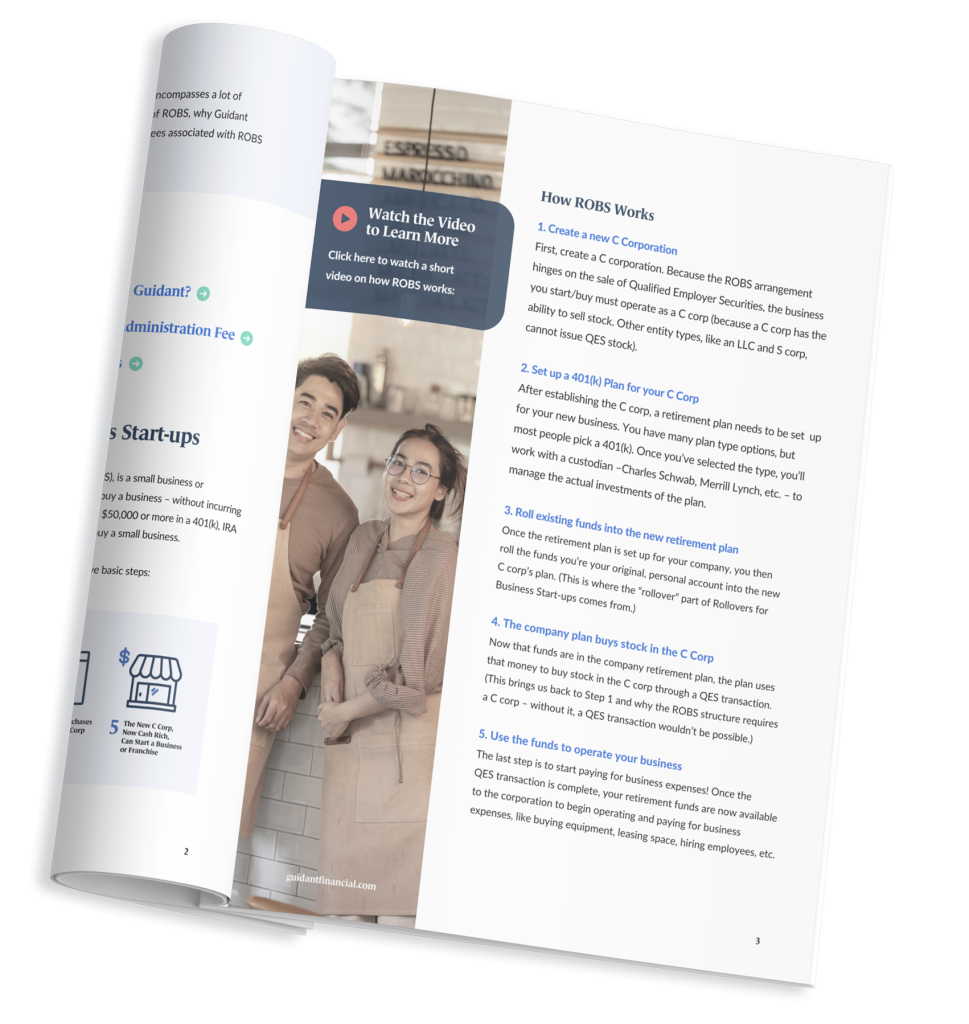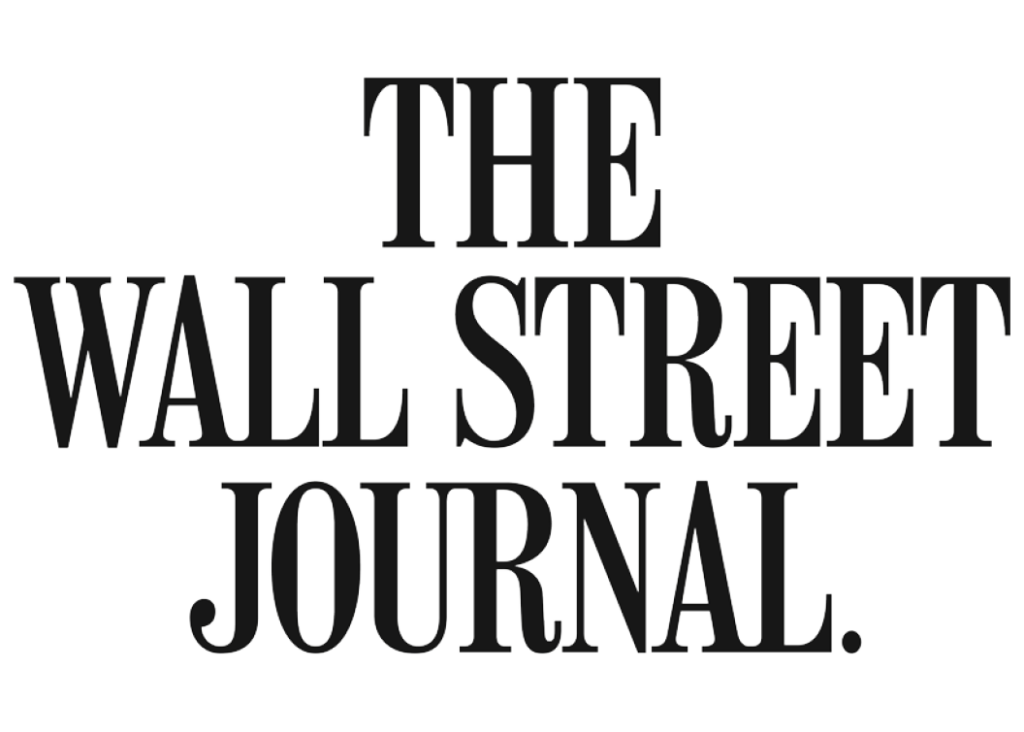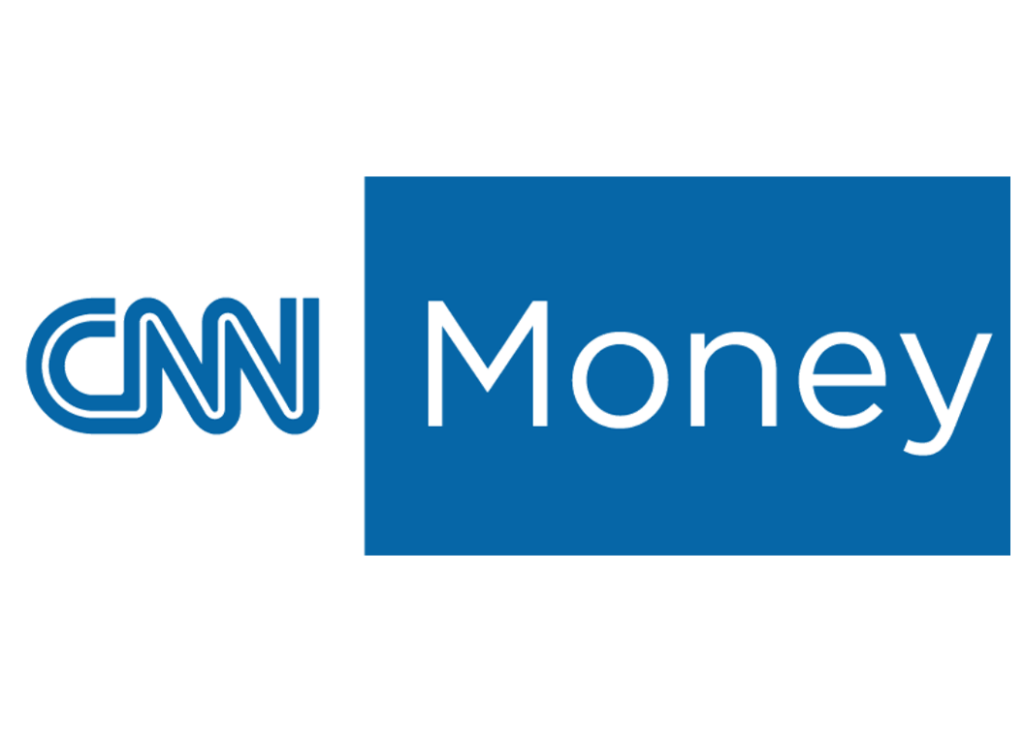If you’re in the process of applying for a small business loan, something called “the SBSS score” has probably popped up in literature about credit screenings. So what is it?
The FICO SBSS score (Small Business Scoring Service), simply put, is a credit score that, in addition to your personal FICO score, determines the risk of U.S. small business credit applicants. While the scoring system has been around since 1993, it only recently gained popularity when the Small Business Administration (SBA) started requiring it for their 7(a) loan application pre-screening. How does it work? Let’s look in depth.
How does the SBSS score affect getting a small business loan?
Just as a poor personal credit score can affect personal loan and credit terms, a poor SBSS score can affect your business loan limit, terms or your ability to secure a loan at all. Banks use the SBSS score to quickly determine whether or not they will approve loan applications. High SBSS scores indicate the borrower and their business are a good risk to take (in other words, the loan will be repaid on time), while a low score suggests the business may not be strong and/or could be at risk for loan default.
As mentioned earlier, the SBA made SBSS pre-screening a requirement for 7(a) loan applications under $350,000 in 2014. Other lenders also use it for applications up to $1 million. SBA loans require an SBSS score of at least 140, but most banks require 160+.
Where can you find your SBSS score?
Before applying for a small business loan, you’re encouraged to pull your SBSS score for yourself. Several websites offer the ability to pull SBSS scores, including nav.com, where it’s free to do a soft pull that won’t count against your credit report.
How can you improve your credit score?
Maintaining your personal credit score is key. Since your personal score is part of SBSS scoring, making sure debts are paid in full and on time, as well as responsible spending in general, will be vital to your SBSS health. Additionally, build your business credit. Signing up for a business credit card allows you the opportunity to build up credit history, so long as you’re spending carefully.
SBSS scores provide a fairer, big-picture look at you as a business owner and eliminate any other prejudices that could deter a lender from lending to you. By objectively looking at the risks of you as a business owner, banks can quickly assess your fundability, making it easier for you to get the capital you need to successfully run your business.

